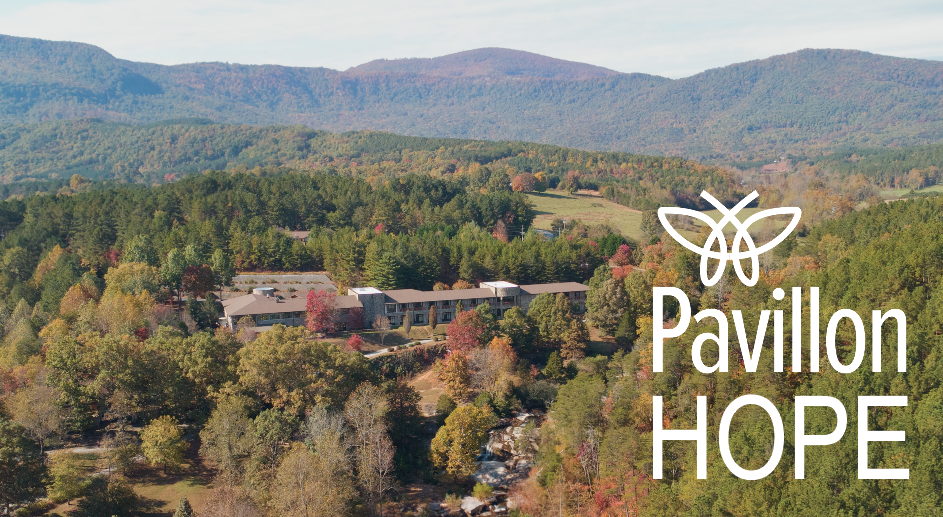
Each year around the time of our Alumni reunion we count up the total number of years of individual recovery that are represented among our staff.
- How many collective years of recovery do you guess the Pavillon staff have?
- And what good can be found in that collective wisdom?
To start thinking about the value of such wisdom, let’s use the example of going to the doctor’s office. Don’t we all hate it when we go to the doctor and have to fill out a bunch of forms with tons of medical questions, and then the appointment is only 8 minutes long? The forms we filled out seem like they don’t even help the doctor get to know us. And when the interaction with the doctor happens, it seems so mechanical and distant.
- By contrast, imagine what it would be like if the one providing our care could personally identify with what we are going through, what it takes to get better, and the process of healing.
Another way to think about the value of such wisdom is in the goodness we sometimes find in other people. For example, when we’re having a tough day don’t we love it when someone tells us about their day – and what they have to say seems like it’s accidentally what we needed to hear? They say what they’re going through, and we identify with it, find encouragement in what they share, and also pick up a helpful hint about ourselves. In moments like that, it’s usually not perfect people making perfect statements that help most.
- By contrast, sometimes what helps most is the encouragement we gain while we hear imperfect people acknowledging their imperfection, and the imperfect way they overcame it.
But let’s go even further and think about how our illness and recovery reside within our family system. Isn’t it really important when our helper takes time to understand how our personal recovery can be supported by our closest family members and friends? When we see a doctor for a primary health problem, isn’t it encouraging when you can tell the one doing the helping considers your illness in the context of your family system and the family support that will be helpful and needed?
Now imagine a team of helpers with 528 years of collective recovery – and the wisdom related to recovery that those 528 years represent.
Hope is contagious. Hope is caught, not taught. You can feel it in the language, words, and meaning of what they say. You can hear it in the various dialects and varieties of recovery experience they live and share. You can sense it when you are around people who have learned how to keep moving forward (as they look out the front windshield), while being okay with not understanding yet (until later, as they look out the rear windshield). That is to say, they don’t live life being obsessed with the past while trying to predict or control the future. Rather, they’re guidable – one step at a time, one day at a time.
With 528 years of collective recovery among them, the Pavillon staff walk it, live it, and have stories that encourage, inspire, and spread hope – from the place of really understanding.
A team of helpers like that can identify with experiencing a problem in their own life, the personal change process, and the stages of healing that people go through. Such helpers are well positioned to coach about being coachable, teach about being teachable, give helpful input about sticking with it over the longer term, and how to go about living well in recovery.
